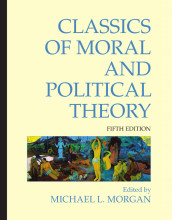The President and the Commissioners
9 important questions on The President and the Commissioners
While there is no doubt that the actions of the administrative branch also have political significance, for example in providing expertise and capacity for policy development, there is still a useful distinction to be made between what?
Within the Commission's internal decision-making process, contentious issues that have not been resolved at lower echelons of the Commission are lifted to this formally political level in the last instance. The College strives to achieve consensus through what?
Since the College operates on the basis of the principle of collegiality - in other words, all Commissioners are collectively responsible for all decisions taken - it would be reasonable to assume what?
- Higher grades + faster learning
- Never study anything twice
- 100% sure, 100% understanding
However, as a result of the present size of the College, more issues seem to be dealt with through what?
Commissioners have policy responsibilities (portfolios), which involve oversight of one or more Commission department. These departments are known as what?
Although Commissioners are supposed not to take instruction from outside the Commission and do not represent national governments in any formal sense, they are nevertheless what?
From 2004 onwards, all governments nominate only one Commissioner each. A major concern has been to avoid the College becoming too large. Why?
Steps have also been taken to render the Commission more directly accountable to the EP, as illustrated by that fact that what?
What kind of College does this inspire?
The question on the page originate from the summary of the following study material:
- A unique study and practice tool
- Never study anything twice again
- Get the grades you hope for
- 100% sure, 100% understanding































